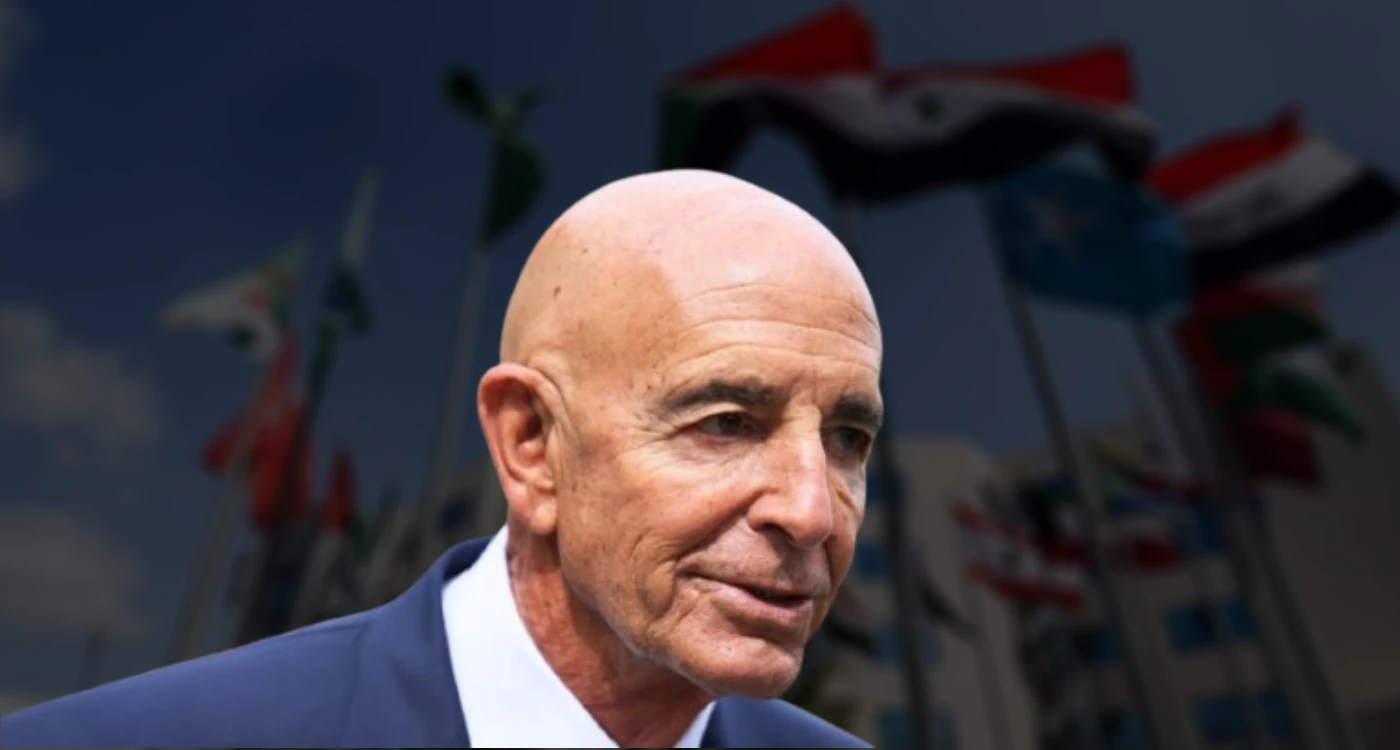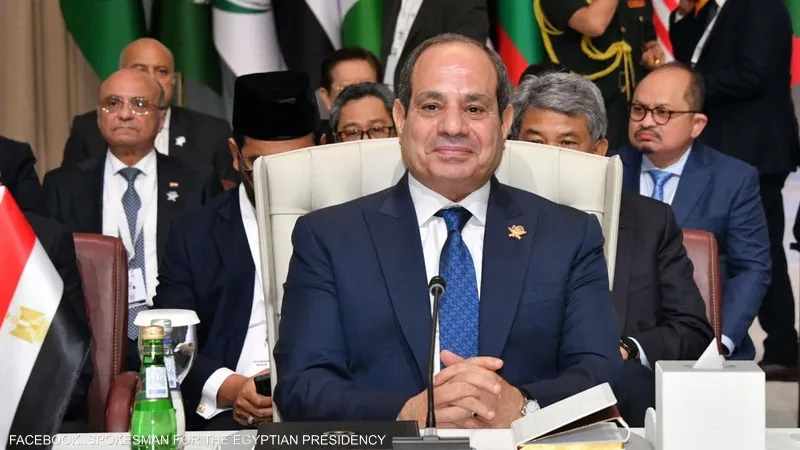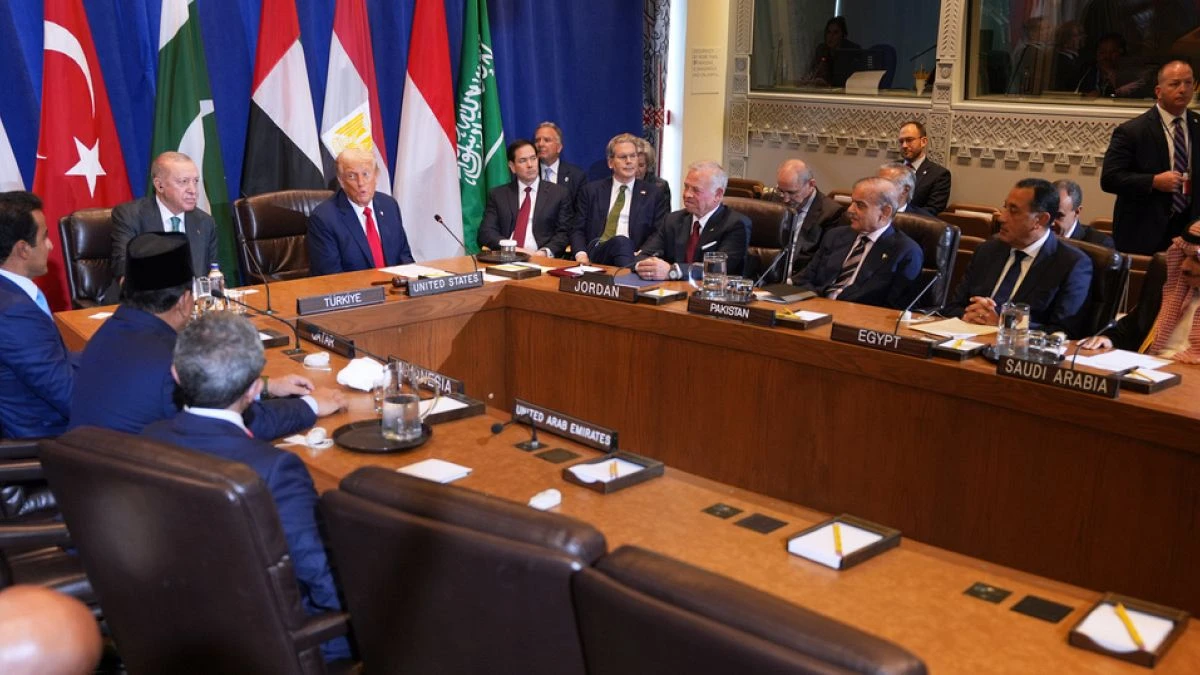Thomas Barrack's Statements: An Analysis of the Implications of the U.S. Message to the Region
This is an AI-generated English translation. The original text is in Arabic.
The American envoy Thomas Barak made striking and harsh statements during his discussion about the conditions in the Arab region in an episode of the program "Truth with Hadley Gamble" on Sky News. These statements clearly revealed the limits of the American and Israeli roles in shaping the regional and international scene, and highlighted the extent of the subservience that Arab regimes, especially the monarchies, are experiencing, which he specifically addressed with a notable and provocative statement.
These statements cannot be treated as mere passing personal opinions, but rather as a deliberate political message that carries multiple implications on both the internal and regional levels, especially when they come from a figure of such stature and position.
We will pause at five key points from the statements he made during the interview to analyze them and understand their implications and political meanings.
The Statements
Statement One: We are the ones who protect the region, no one else
"There is a security problem in the region, which is why everyone rushes to us demanding a security agreement."
This statement reflects the position of the United States as the primary and sole security reference for the region. Washington does not see itself merely as an ally, but as the only source of protection. This reveals the absence of any independent will among the Arab regimes, which have come to treat security as an outsourced file from abroad, or so Barak's statements suggest.
Statement Two: Israel decides how peace will be in the region
"Netanyahu no longer cares about borders or red, yellow, or green lines, and will do anything if he feels that Israel is threatened."
This statement clearly indicates the unrestrained hand of Israel in the region and its receipt of a green light from the U.S. Barak openly declares that any international rules or regional understandings become void if Tel Aviv perceives a direct or indirect threat to its existence. This formulation and vision reinforce the image of Israel as an executive arm for American projects in the region, granting it international legitimacy with American guarantees and without accountability.
Statement Three: Enough talk, Lebanon
"All that the Lebanese do is talk⦠If you do not implement the roadmap, look across the border to Jerusalem, there are those who will implement."
Barak directs his message directly to Lebanon, but it carries an implicit message to other Arab regimes: local impotence will be met with forced Israeli intervention that rearranges the situation. Thus, Israel will pay no attention to statements or speeches â what Barak calls "talk."
The statement also implicitly insults Lebanese state institutions and the army, acknowledging that Washington has entrusted the task of "the executive authority in the region" to Netanyahu, rather than any negotiating path or even local governments.
Statement Four: Brutality towards the Gulf monarchies
"Our allies in the region, especially the monarchies, will say they are going to China⦠and they will not do that."
This statement exposes the fragility of any Arab attempt to seek strategic alternatives. Barak acknowledges that the gesture of turning east towards China or elsewhere is not taken seriously in Washington.
The message is clear: regional governments have no choice but to remain within the American orbit, whether they want to or not.
Statement Five: No peace, only submission
"Peace is an illusion⦠There has never been peace⦠Someone wants to dominate, and that means someone must submit."
This statement may be the most dangerous, as it denies the very foundation of the idea of "Arab-Israeli peace." Barak bluntly and explicitly frames the equation: there is no room for equitable settlements, but rather submission of one party to another, with power alone determining the outcome. This vision completely intersects with the narrative of Arab resistance, which asserts that "peace" is merely a cover for political defeat.
Implications of the Position
Absolute American guardianship: Washington confirms that it is the sole reference in security and political files in the region.
Unleashing Israel: Israel is no longer just a player, but an executive tool exempt from any constraints.
Contempt for Arab institutions: From Lebanon to the Gulf monarchies, the American perspective sees everyone as incapable of initiative.
Bankruptcy of the "peace" discourse: The American acknowledgment that the conflict is not resolved through settlements, but through submission, undermines the narrative of regimes promoting normalization.
Absence of strategic alternatives: Even the suggestion of turning to China is not taken seriously, revealing the depth of structural subservience.
Despite their bluntness and coming from merely an envoy for the region, they appear as if they are from someone responsible for or controlling the region. Thomas Barak's statements represent more than just a personal opinion; they are a clear message that decisions in the region are being formulated in Washington and implemented in Tel Aviv, while Arab regimes remain captives of their security anxieties and political subservience. In light of this scene, the question remains: Do any Arab capitals possess a genuine will to transcend this reality, or has the "submission" that Barak spoke of become an imposed fate?







